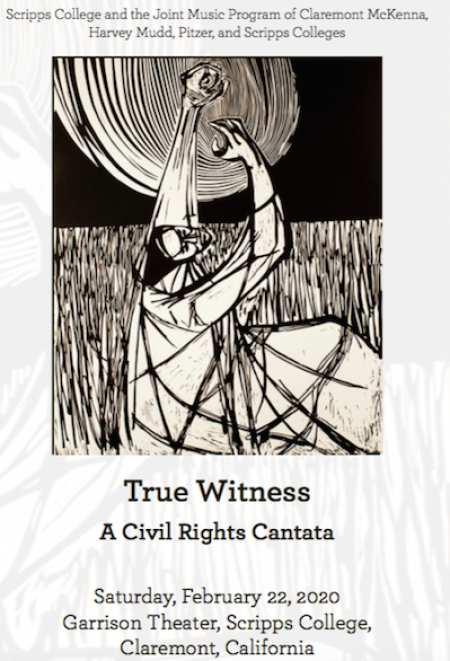When I arrived at the AAS August-September 2012 for my creative artist fellowship, I had some idea of the breadth and unique profile of the musical manuscripts in the AAS collection (over 70,000 scores, some of which are unique copies). I could not have known, however, about the incredibly helpful and knowledgeable archivists, librarians, and program coordinators, with whom I would work every day. Within days of my arrival, I immediately realized that I should take advantage of the remarkable access to the archive and sources of expertise, and extend my investigations into the AAS collection well beyond the scope of my original project. What started as an investigation of early Shaker texts, and of historical performance in music in early America, became more far-reaching. That month of daily work at AAS has repaid my efforts many times over: the sources that I discovered at AAS have had a profound impact on what I have been able to offer my audiences, my artistic collaborators, fellow faculty, and students in the intervening 7 years at Scripps College, where I am now tenured.
Closely following my arrival, I inquired of everyone I met at the AAS if they had any knowledge of texts or music in the collection by African American women. In conversation with AAS's Caroline Sloat, I located two poems by African American women poets. Thanks to Ms. Sloat's help, which immediately followed upon my presentation of my research goals to the librarians, I found exactly what was needed in record time. These poems by Charlotte Forten, which were sung to popular hymns during abolitionist activist gatherings in the 1850s, then inspired the Scripps college commission of a new civil rights cantata. Composer Jodi Goble used excerpts from Forten's texts, and recycled their original musical setting, in the first movement of this choral cycle, intended to mark the Emancipation Proclamation 150th anniversary, in 2013.
